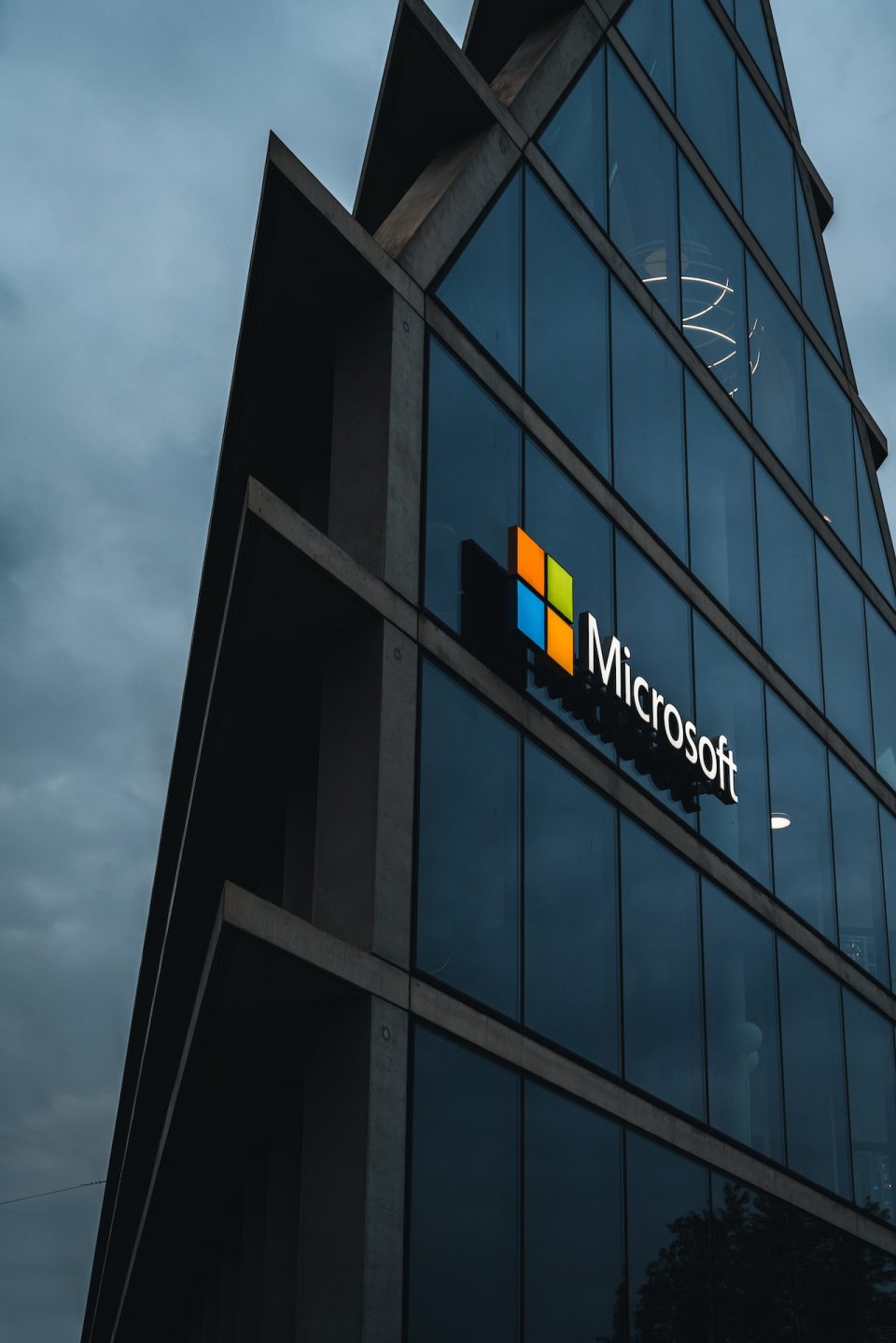Microsoft is making significant strides towards Apple in the stock market, bolstered by a perception of superior growth prospects and lower exposure to geopolitical risks associated with China.
Throughout this month, shares of the Redmond-based tech behemoth have outpaced those of the iPhone giant, resulting in a narrowing of the gap in market valuation. While a substantial margin still separates the two corporations, Microsoft’s dominance in sectors like cloud computing and artificial intelligence has piqued the interest of many investors.
David Klink, Senior Equity Analyst at Huntington Private Bank, remarked, “Microsoft has more of what the market wants right now, and given where we stand on the pair’s growth prospects, we wouldn’t be surprised to see it overtake Apple. We have more faith in Microsoft’s margins, while the cloud and AI are growth areas that can stand the test of time over a decade. It’s hard to make a bear case for Apple, given its services business, but the bull case clearly favors Microsoft.”
The most recent instance of Microsoft outstripping Apple in stock market capitalization occurred in November 2021. Although Apple’s market capitalization has slipped from its peak of nearly $3.1 trillion to approximately $2.8 trillion, it still remains ahead of Microsoft’s roughly $2.4 trillion. While Apple’s shares have experienced a dip this month, Microsoft’s value has held steady, resulting in the narrowing of the discrepancy to around $200 billion at one point last week.
On Wall Street, a preference for Microsoft over Apple is a prevailing sentiment. Microsoft maintains a robust recommendation consensus, with nearly 90% of analysts advocating for purchasing the stock, in contrast to under two-thirds for Apple.
Despite neither stock being identified as particularly inexpensive, Microsoft’s growth outlook positions its valuation of 29 times estimated earnings in a more favorable light. Projections indicate double-digit growth in revenue and net earnings per share for fiscal 2024 and the following three years, underscoring the strength of the company’s cloud-computing division. Investors are also expressing enthusiasm about Microsoft’s backing of OpenAI, the swiftly expanding startup responsible for ChatGPT.
Conversely, Apple is emerging from three consecutive quarters of negative revenue growth, with a potential fourth quarter of contraction, marking its lengthiest downturn in two decades. While a turnaround is anticipated in Apple’s fiscal year 2024, and subsequent growth is predicted, it is not expected to match the vigor projected for Microsoft, as outlined by Bloomberg data.
Analyst Toni Sacconaghi likened Apple to the erstwhile IBM, citing potential vulnerabilities in the face of evolving technology trends. The rise of generative AI, the paramount investment theme of the year, could potentially relegate Apple to fourth place among US stocks, trailing Microsoft, Alphabet Inc., and Amazon.com Inc., according to Needham.
Apple’s recent product launches held few surprises, though early signs of robust demand are evident. In-house chip development efforts may be encountering delays, while a new offering from Huawei Technologies Co. looms as a competitive threat. Concerns regarding governmental restrictions on iPhones in China, responsible for nearly a fifth of Apple’s revenue, further compound uncertainties.
In contrast, Microsoft derives less than 2% of its revenue from China, a fact underscored by President Brad Smith during his Senate testimony last week.
Tim Ghriskey, Senior Portfolio Strategist at Ingalls & Snyder, commented, “Consistency is worth a lot when considering a company’s valuation, and Microsoft, because of its consistency and projected growth rate, has an advantage over Apple right now. I like both, but the risk is higher with Apple.”
The extraordinary outperformance of Wall Street’s major players has resulted in a conspicuous discrepancy in the returns of tech stocks categorized by size. In 2023, the S&P 500 tech sector index has surged by 38%, dwarfing the 16% gain observed in an equivalent mid-cap index. In contrast, the index for small-cap tech stocks has experienced a modest uptick of less than 11% this year.
In conclusion, the dynamic shift in stock market performance between Apple and Microsoft underscores the evolving landscape of the technology sector. Microsoft’s robust positions in cloud computing and artificial intelligence have propelled it to narrow the gap with Apple, as investors increasingly favor its growth prospects and perceive lower China-related risks. This recent trend signifies a potential turning point in the longstanding rivalry between these tech giants within the stock market arena.
Source: Bloomberg

